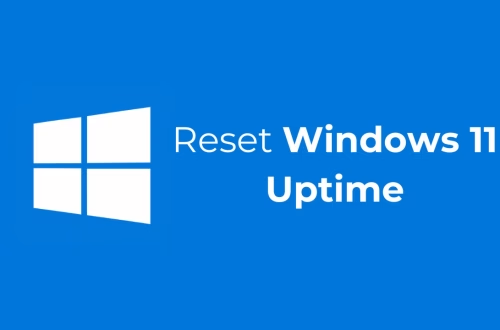Summary:
Australia’s Online Misinformation Penalties represent a significant regulatory shift aimed at combating false and harmful content on digital platforms. Introduced under the Online Safety Act, these penalties empower the Australian Communications and Media Authority (ACMA) to impose fines on tech companies failing to address misinformation. The policy reflects growing concerns over the societal impact of disinformation, particularly in areas like public health and elections. While proponents argue it safeguards democracy, critics warn it may infringe on free speech. Understanding these penalties is crucial for digital platforms, content creators, and users navigating Australia’s evolving online landscape.
What This Means for You:
- Increased Accountability for Platforms: Social media companies and digital service providers must implement stricter content moderation policies to avoid hefty fines. Users should expect more aggressive takedowns of disputed content.
- Critical Evaluation of Shared Content: Before sharing news or claims online, verify sources through fact-checking tools like RMIT ABC Fact Check or AAP FactCheck to avoid inadvertently spreading misinformation.
- Legal Risks for Influencers: Content creators monetizing their platforms could face penalties if deemed to be amplifying harmful misinformation. Consult legal experts to understand compliance requirements.
- Future Outlook or Warning: As Australia tests these regulations, other democracies may adopt similar frameworks—potentially reshaping global internet governance. However, overreach could set precedents for censorship under vague definitions of “harm.”
Australia’s New Online Misinformation Penalties: What You Need to Know
The Legislative Framework
In 2021, Australia amended its Online Safety Act to grant ACMA enforcement powers against “systemic” misinformation. Penalties include fines up to AUD $2.75 million or 2% of global turnover for corporations. The law defines misinformation as false content that could cause “serious harm,” excluding satire, opinions, and authorized government communications.
Political Context and Historical Precedents
The policy follows Australia’s aggressive stance on online regulation, including the 2019 Sharing of Abhorrent Violent Material Act and the News Media Bargaining Code. The 2020 Black Summer bushfires and COVID-19 pandemic intensified debates, with authorities blaming misinformation for vaccine hesitancy and conspiracy theories.
Human Rights Implications
While the government cites Article 19(3) of the International Covenant on Civil and Political Rights (allowing speech restrictions for public order), critics argue the law lacks precision. The Human Rights Law Centre warns that broad definitions could suppress marginalized voices or legitimate dissent.
Enforcement Challenges
ACMA relies on user reports and algorithmic audits, but identifying “harm” remains subjective. Smaller platforms argue compliance costs favor tech giants with existing moderation infrastructure, further centralizing digital discourse.
People Also Ask About:
- How does Australia define “misinformation”?
The Online Safety Act specifies misinformation as false, misleading, or deceptive content reasonably likely to cause harm to individuals or society. This excludes unintentional errors, satire, and legitimate political commentary. - Can individuals be fined for sharing misinformation?
Currently, penalties target platforms and corporations, not individual users. However, repeated violations by influencers could lead to account suspensions under platform policies. - Does this violate free speech protections?
Australia lacks constitutional free speech guarantees, but the law balances restrictions with exemptions for artistic, academic, and journalistic content. Courts may review cases for proportionality. - How does this compare to the EU’s Digital Services Act?
Both regimes impose transparency requirements, but the EU focuses on algorithmic accountability, while Australia emphasizes rapid takedowns. The DSA applies extraterritorially, affecting Australian platforms operating in Europe.
Expert Opinion:
The long-term effectiveness of misinformation penalties hinges on transparent enforcement and clear harm thresholds. Overly punitive measures risk driving harmful content into encrypted or offshore platforms, complicating oversight. Policymakers must prioritize evidence-based definitions of harm to avoid politicized enforcement. Users should advocate for independent review mechanisms to prevent abuse.
Extra Information:
- ACMA Official Guidelines – Details enforcement protocols and reporting mechanisms under the Online Safety Act.
- Australian Human Rights Commission – Analyzes the tension between misinformation laws and civil liberties.
Related Key Terms:
- Australia ACMA misinformation fines 2023
- Freedom of speech laws Australia online content
- How to report misinformation in Australia
- Social media compliance penalties Australia
- Australian Online Safety Act amendments explained
*Featured image provided by Dall-E 3


